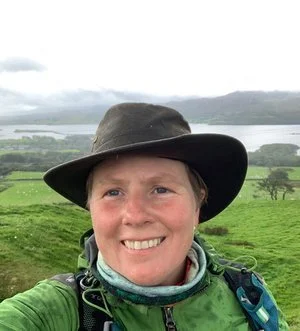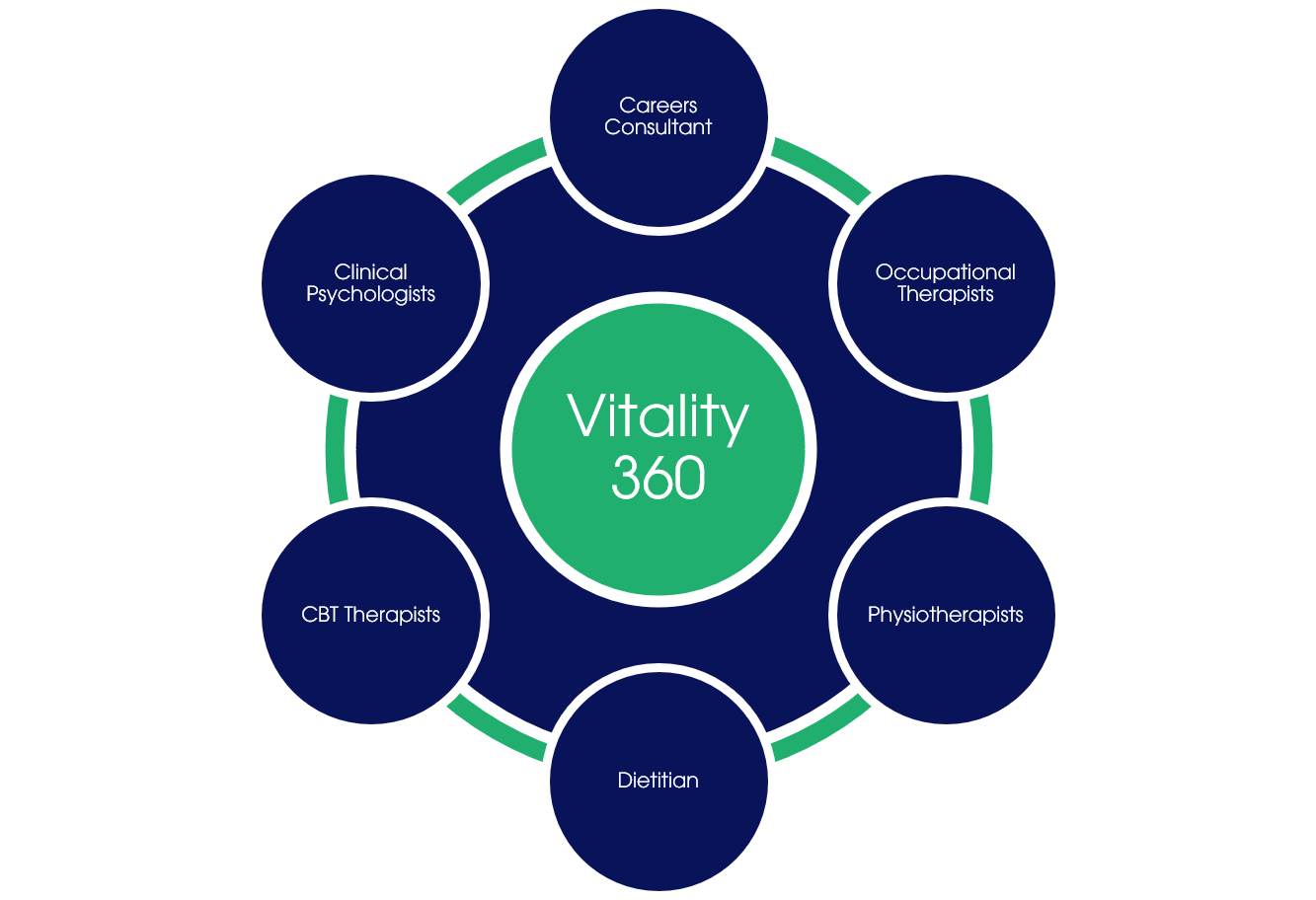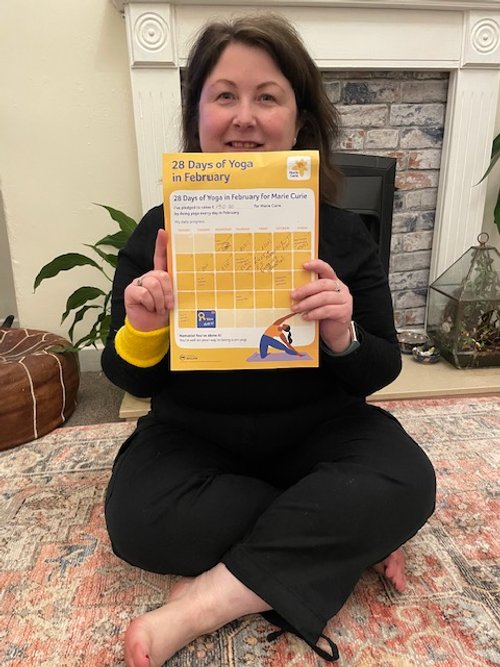10 year anniversary: A chat with our founder
Please tell me how and why you decided to set up Vitality360?
I was working as a physiotherapist for the NHS, and I started to take on occasional private work. There was a high need for those with pain and fatigue to minimise travel and waiting in hospital clinics, so I could see there were great benefits in offering a rehabilitation service through online platforms instead. I was approached by an income protection client and demand soon grew for my services, to the point that I needed to diversify the skillset by building a team, especially as income protection work involved looking very specifically at supporting people with persistent, medically unexplained symptoms of fatigue and pain to be able to return to work. I became an employer as part of what felt like a natural process of growth as a rehabilitation provider.
What is the significance of the name Vitality360 that you chose?
Well, just to be clear we were the first to use that name! It was important that our name suggested moving people beyond what they or others expected. When someone has been debilitated for several months by persistent and unexplained symptoms following a virus (whether long Covid, for example, or those who might have been living with severe symptoms of pain and fatigue for decades), often there has been very little support or positive narratives out there to demonstrate recovery, to whatever extent that may be possible for each individual. It really matters to me that people can be supported to get the best out of life, independent of any life circumstances, and the outcome that inspires me is ‘vitality’. To me this doesn’t just imply energy, but also fun, engaging with pleasure, each other, nature, re-establishing a positive connection and excitement about life even within perhaps an adapted lifestyle.
The ‘360’ part was chosen to reflect the importance of seeing a person’s health in its entirety. This is why all our programmes begin with a thorough, evidence-based, biopsychosocial assessment conducted by a highly experienced specialist clinician. Any intervention needs to include medical, pharmaceutical, vocational history and factors, and family circumstances. In other words, when we assess a person’s health, we look at all aspects of their life. This of course means that each assessment is bespoke. Each rehabilitation programme that then ensues is provided by the specialists from our multi-disciplinary team and the duration and aims of the programme are decided through this bespoke, 360-degree perspective.
How has your vision manifested? What have been some of the rewards?
These have been plentiful. First and foremost are the positive case stories of people who have been through our programmes. It fills my heart with joy when I receive a postcard from someone who was initially spending a lot of time in bed and who is now travelling the world, or someone else who thought she might not be a mother because of her limitations and who, following our programme, was able to become one. Such contact from past clients means a huge amount to me and I carry many of them in my heart. It is a rare privilege to be able to accompany someone during a very difficult time in their life and to offer support and practical solutions. This is deeply rewarding and very inspiring as daily I hear how people are overcoming the most extraordinary circumstances with real courage and commitment.
Another reward has been creating leadership and establishing a team to deliver this innovative rehabilitation model. It is so gratifying to see things that were put in place in the early days - which were often painstaking, such as our business continuity plan or operations manual - are a continuing part of this well-oiled, well-functioning community: a healthy business in the broadest sense perhaps.
What are you most proud of?
Our response to the pandemic which saw us being adaptable and light footed as we shifted our focus very quickly to utilise our post-viral fatigue experience to help those who were experiencing ongoing symptoms following infection with Covid-19. Our clients’ programmes were fortunately undisrupted as we already had an efficient and effective online paradigm for delivery of rehabilitation. Similarly, our employees’ and associates’ work was minimally disrupted, although as with a lot of businesses, we were of course unsure how the pandemic might affect our ability to provide employment for people.
We quickly recognised the need to provide support to other health professionals, especially those working in the NHS, by imparting our clinical knowledge through a series of (very popular) online training events. It has always been important to me to disseminate learning and experience to other professionals for the benefit of all of those who are suffering with persistent symptoms, and to be part of the ongoing conversation in this field. To this end, we decided to conduct our own clinical research, following ethical approval, and are now starting to analyse the fascinating results. We sincerely hope that this will be a useful contribution to the emerging information about the nature of long Covid.
I am also extremely proud of the team that we have had in the last ten years, many of whom have been with me since the outset. We consistently have high workplace satisfaction scores from our team and we pride ourselves on a culture of respect, kindness and genuine supportiveness (for example during lockdown we quickly set up weekly virtual team coffee bars where we could share and support each other). Our clinical work involves caring for people and providing a clinically robust, evidence-based, professionally approved, and consistently measured intervention and this is reflected in the calibre and respectful and sensitive nature of our team members. The fact that many health professionals in the field approach us because they want to work for us demonstrates the traction that our reputation engenders.







